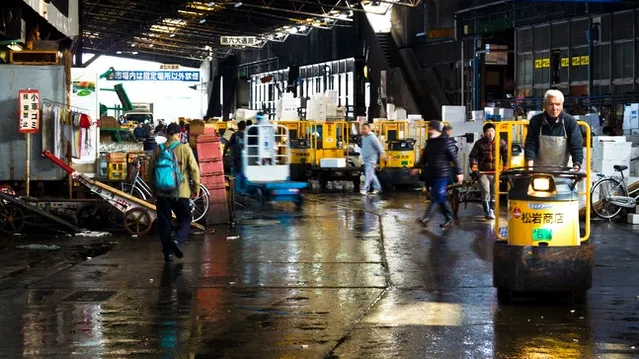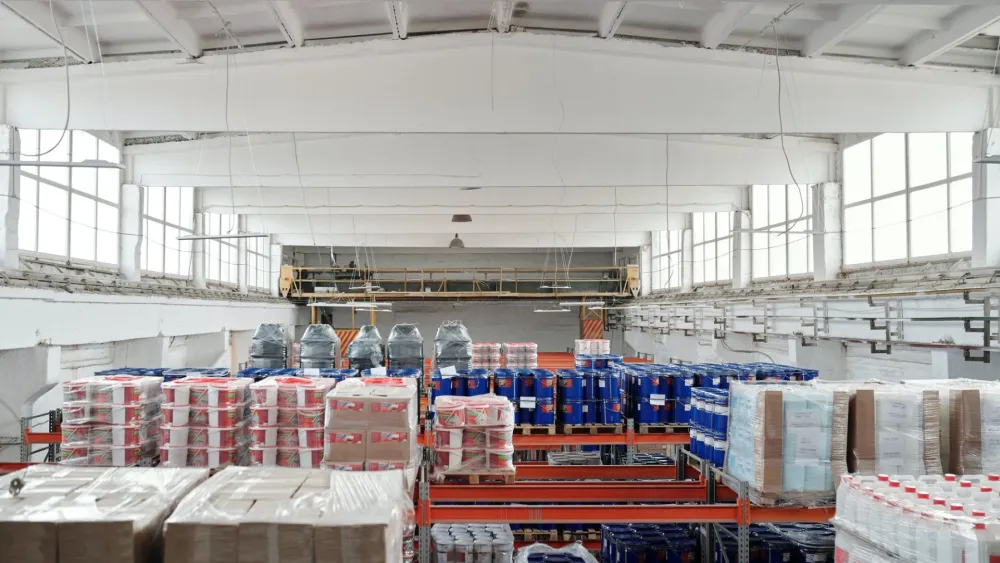
Tokyo prime logistics stock grows by 10.1% in Q1
There were seven new industrial buildings completed in the quarter.
There was a new prime logistics supply of 854,600 sqm across seven buildings in Greater Tokyo, increasing the total stock area by 10.1% y-o-y, said JLL in a recent report. The overall vacancy rate in Greater Tokyo reached 10.3%, up 78 bps q-o-q and 27 bps y-o-y.
“While well-located properties are fully occupied upon completion, some properties in challenging locations have vacancies lasting over one year.”
Here’s more from JLL:
In Q1 2025, net absorption reached 588,000 sqm due to steady demand driven by e-commerce sales growth and a large volume of new supply.
As transport costs rise, demand is strong for properties close to the city centre and with short transportation distances, while properties in fringe areas with higher transport costs are struggling.The difference in tenant demand based on location is intensifying.
Rent increases continue, reflecting rising costs
Gross rent in Greater Tokyo was JPY 4,677 per tsubo per month, down 0.2% q-o-q but up 0.9% y-o-y. This reflects rent decreases in existing properties with prolonged vacancy periods after completion.
However, the trend of high rents in newly constructed properties pushing up rents in surrounding properties continues, maintaining the overall upward trend in rents. The capital value in Greater Tokyo decreased by 0.2% q-o-q. Despite rising interest rates, investment yields remain stable due to strong investor demand.
Outlook: Rents to remain stable or rise; cap rates to remain stable
Rent increases are expected to continue, driven by expanding demand from e-commerce growth and rising construction costs. Investors are likely to increase rents on their properties more aggressively due to rising interest rates and property management costs.
However, some areas may see potential rent decreases due to an increase in vacant properties. Regarding the US tariff increases, while they are expected to have long-term effects through economic fluctuations, the short-term impact on demand is considered limited, as most logistics facility tenants handle domestic cargo within Japan.



















 Advertise
Advertise







